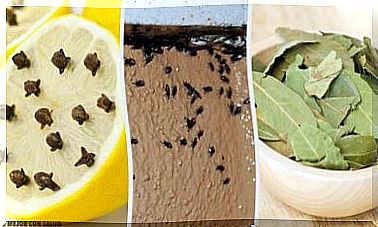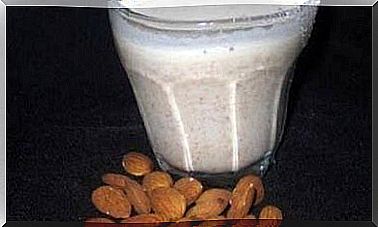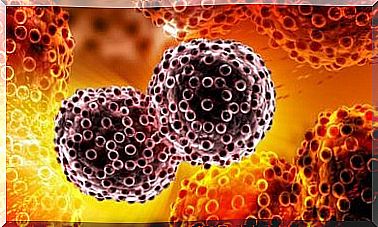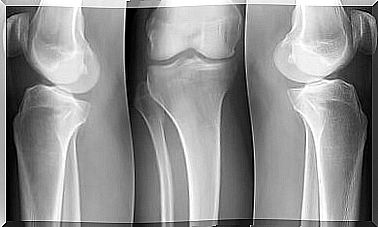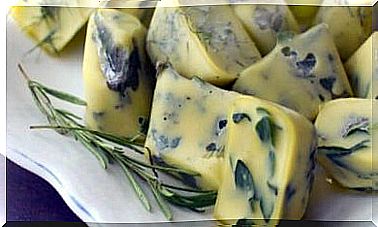4 Foods That Contain Melatonin
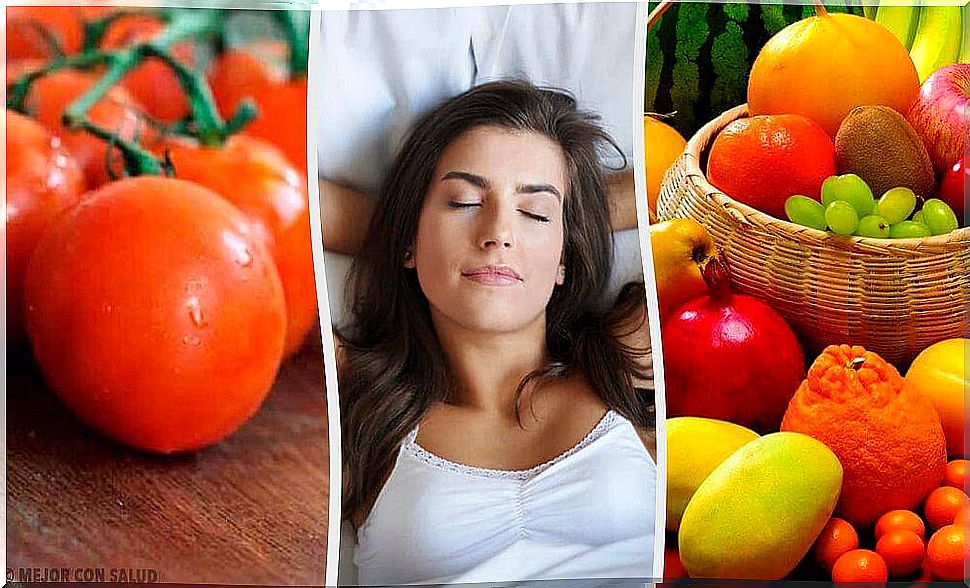
Find out which foods contain melatonin, currently consumed as a natural supplement to improve sleep and combat the uncomfortable effects of jet lag, or hourly decompensation syndrome.
In many food stores we can find this hormone in the form of capsules. However, we can also choose to introduce foods that contain selenium in the diet to enjoy its benefits.
What is Melatonin?
Melatonin is a hormone that regulates our biological clock, differentiating periods of sleep and wakefulness. Our bodies naturally synthesize small amounts of melatonin through the pineal gland.
Normally, melatonin production decreases as we age. For this reason, babies often sleep many hours a day, while elderly people can have great difficulty sleeping.
In addition to helping to regulate sleep, melatonin is essential for strengthening the immune system. Consuming melatonin-containing foods generally improves natural defenses, particularly in older adults and developing children.
Benefits and indications of melatonin
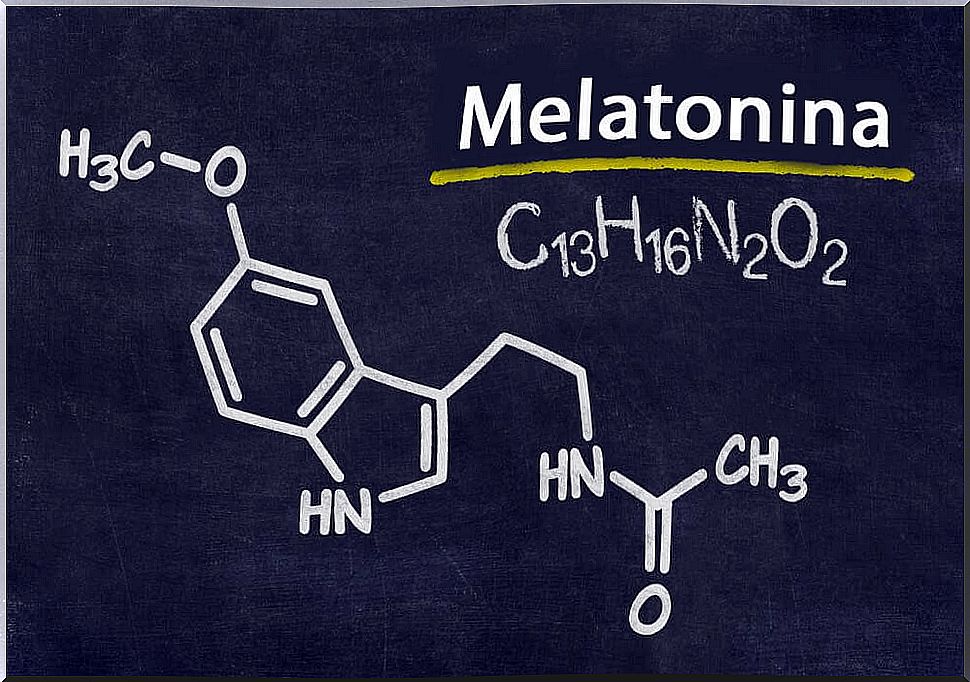
Controlled intake of melatonin can prevent various diseases, which helps to strengthen the immune system and fight cell aging. For seniors, maintaining good levels of this hormone generally means a better quality of life and longer lifespan.
The hormone is also an important ally for those who travel frequently in countries with different time zones. That’s because it helps regulate metabolism and favors adaptation, preventing symptoms such as tiredness, headaches or excessive sleepiness.
Melatonin deficiency can cause insomnia or severe difficulty falling asleep in adults and children. In these cases, the introduction of melatonin supplements in the diet is highly recommended for a natural hormone replacement.
As if that wasn’t enough, the “sleep hormone” is also used to treat and prevent the following disorders:
- The so-called “smoking syndrome” (prevention and treatment of withdrawal symptoms in people who stop smoking).
- Attention Deficit Hyperactivity Disorder (ADHD).
- Movement disorders such as tardive dyskinesia (DT).
- Osteoporosis and severe muscle wasting.
- Chronic fatigue syndrome.
- Fibromyalgia.
- Epilepsy.
Cautions and contraindications for selenium consumption
Before including any new supplements, natural or industrialized, in our diet, it is essential to consult a trusted physician.
Together with an expert physician, it will also be essential to confirm the recommended daily dose to maintain a balanced diet.
It should be remembered that, generally, an adult person can consume up to 700 mg of melatonin per day. Excessive intake of the hormone can damage the kidneys and liver and lead to poisoning of the body.
Pregnant or lactating women, as well as people being treated with antidepressant or steroid medications, should stop taking melatonin. On the other hand, patients suffering from diabetes, allergies and other pathologies should avoid the use of melatonin regardless of age.
The 5 Foods That Contain Melatonin
Melatonin can be found naturally in many plant foods. Below, we’ve listed the best sources of this hormone to help you supplement your diet naturally and cost-effectively. See which foods contain melatonin.
Oilseeds
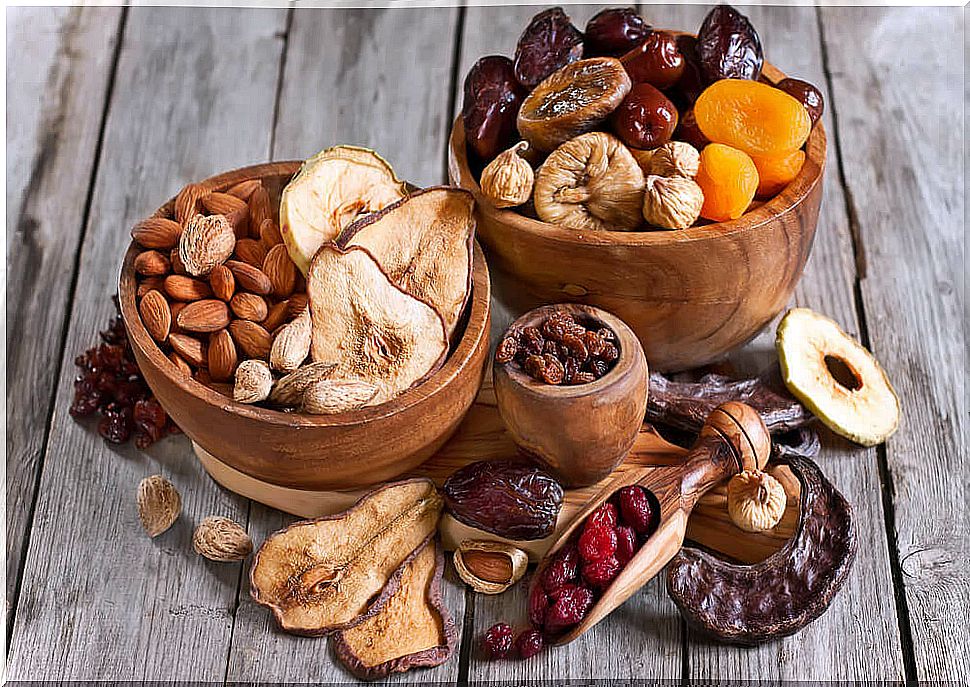
Oilseeds are foods rich in “good fats” such as omega-3 and 6, proteins, minerals, vitamins and hormones. Walnuts contain about 3.5 mg of melatonin.
Tomato
Tomato is a vegetable rich in antioxidant lycopenes, vitamins A, C, E and K and minerals such as iron and potassium. In addition, it helps to provide a moderate dose of melatonin to the body.
Cereals
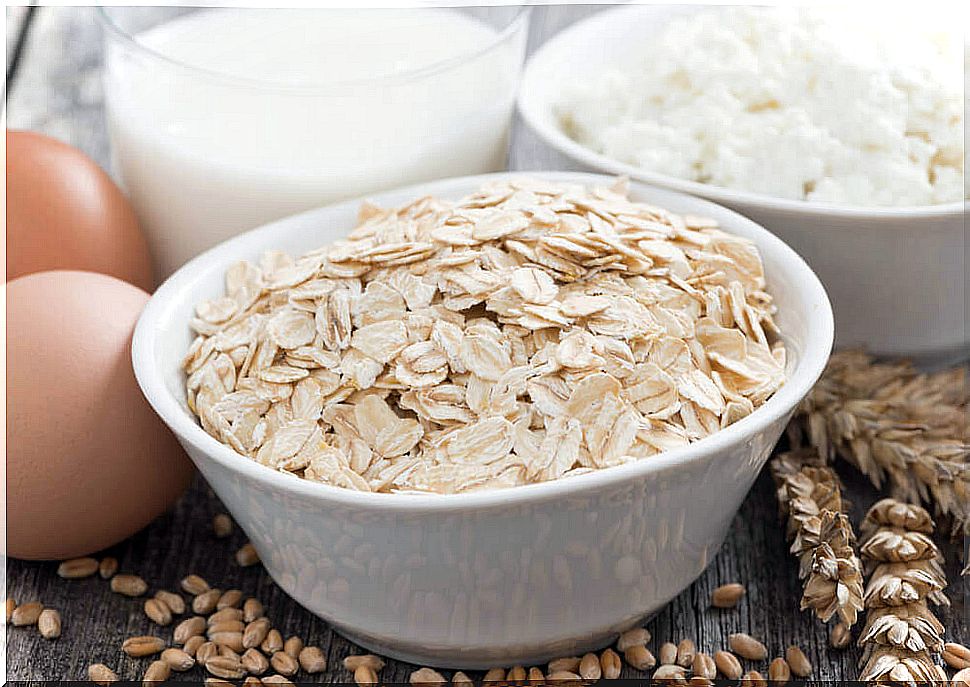
Cereals such as rice, corn and oats are excellent sleep allies as they provide a good amount of melatonin. They are also excellent plant sources of carbohydrates, vitamins and minerals.
fruit
Fruits are also great sources of many vitamins and minerals. If we want to include melatonin in our diet, we should preferably consume bananas and cherries. Diabetic patients should be careful with excessive consumption of fruits, as they are rich in fructose (a type of natural sugar).


